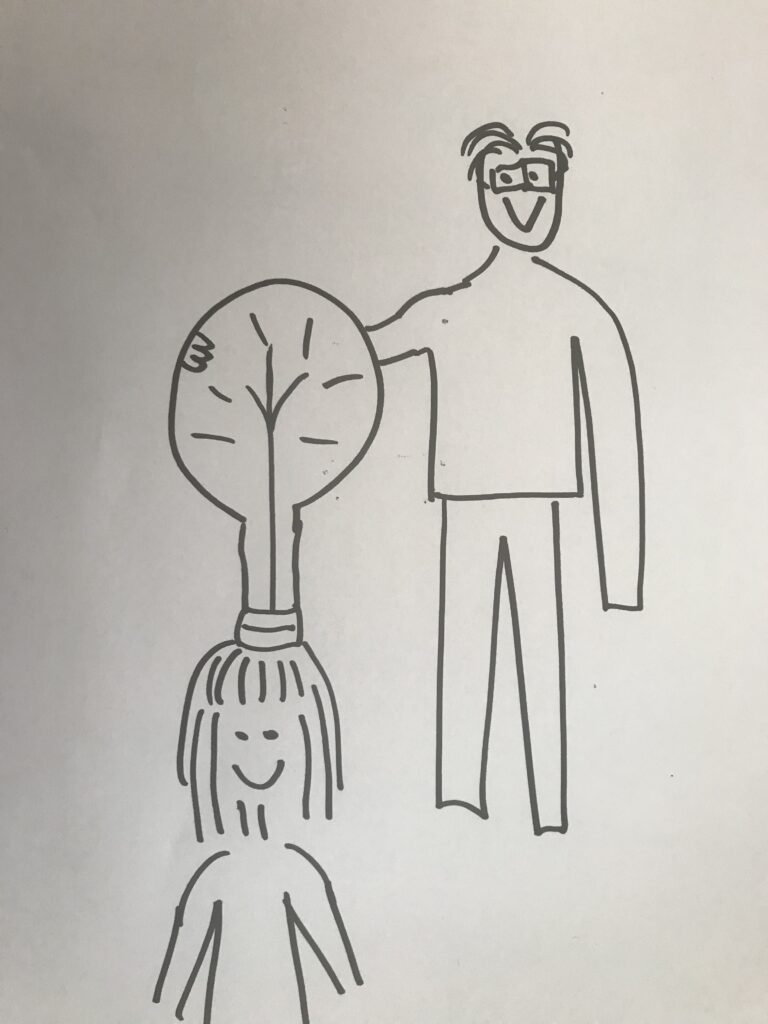
The picture of a despot -someone telling his/her followers how to do things , understand the world and follow is outdated in many regimes in the world. To develop society sustainable and not only continuous to develop it, also the oppressed groups and those we might view as less knowledgeable in our society play active roles in the system of communities, we all are part of. Affecting the future is done both by being active and by resistance of being active. Individuals without a participating role in society still eat, drink, drive (most of them) and use the society service systems. Social learning systems are formed where individuals interact, but there are social contracts that make up barriers for the ability of individuals to actually learn, transform and become better individuals in relation to the sustainable society. Rousseau, the French philosopher that wrote about the social contract expressed that "Man is born free and everywhere he is in chains”(Rousseau, 1983). The concept of communities holding social contracts in practice was introduced in research before the era of digitalization. Wenger (2010) who used the terminology in his thesis has followed the development from physical communities of practice to digital social learning systems. He means communities of practice are formed by the participants understanding of what mattered in the group, the ability to engage productively on that topic and also use a repertoire of resources identified within the community. The community form both collective groups (in good or bad directions, some communities grow racism, homophobia or thoughts of war). Moving between communities of practice is a way to develop ones identity. “Through learning, the landscape shapes our experience of ourselves, practice, people, places…..becomes part of who we are. Identities becomes personalized reflections of the landscape of practices” (Wenger 2010). Wenger means that the interaction between communities of practice, what he nowadays calls systems of socialization are less personal but still enlightening for the individual to use in her/his own personality. He is being critizesd for being powerless by presenting these horizontal ways of learning between each other and without the despot. Power is shared , negotiated and debated in Wengers´ early thoughts on communities of practice. In relation to the complex world, in my eyes the unsustainable and wicked problem of the world is met in Wengers later writings, where he proposes a social discipline of learning together. It deals with power in a new way but still keep the focus of individuals to develop in groups of trust and responsibility, much like communities of practice. The difference is that power is introduced not to oppress deviating individuals and make them followers by the social contract, but instead to scrutinize their ideas and make them responsible within the group for trying out new and better ways of learning and living. Engagement, Imagination and Alignment that creates boundaries in social systems are used to practice learning partners, Learning governance, stewardship and learning citizenship. Shared learnings are a paradigm shift in education in my opinion. From a despot that decided and socially controlled groups by contracts we know acknowledge individuals that criticize the common, make way for the new and outliners are developed to main pictures within the social learning discipline taking form in our society. Who could better know the needs of poverty than the poor and who would be better suited to form the carbon dioxide free society than those without exhaustions? In the eyes of others (Andreotti et.al 2008) make way to see ourselves by collaboration over complex issues of the future without a social contract and a despot, but with the need to build trust and relations amongst learners. Andreotti, V., & de Souza, L. M. T. (2008). Through other eyes. An Open Access Online Study Programme Focusing on Engagements with Indigenous Perceptions of Global Issues. Global Education, Derby, UK. Rousseau, J. J. (1983). Rousseau: The social contract. States and societies, 71-75. Wenger, E. (2010). Communities of practice and social learning systems: the career of a concept. In Social learning systems and communities of practice (pp. 179-198). Springer London
Viveca
April 29, 2022 — 9:51 am
Interesting to read and consider if we learn as social beings, or if we are social as learners.
Eduard Enoiu
May 3, 2022 — 10:01 am
I really enjoyed reading your reflections. I totally agree that there is a need to build trust and relations amongst learners without the need for centralized control that can tell one what to learn and how to do it.
Lars Harrysson
May 5, 2022 — 1:54 pm
When I read your post I got to think about the drama “Die Welle”, or in English “The Wave”. This is about community ….. Have a look at Youtube https://youtu.be/ICng-KRxXJ8
/Lars
Kevin Kuang
May 19, 2022 — 7:31 am
Thank you for this very interesting sharing and view from an angle which I have not looked at. it’s a new perspective for me as an educator and learner, seeing the learning community at a higher and broader plane than before.
Anna K
May 21, 2022 — 10:07 pm
I like the way you emphasise the social aspect of learning and your reference to the Rousseau’s take on the idea of social contract. Thank you!